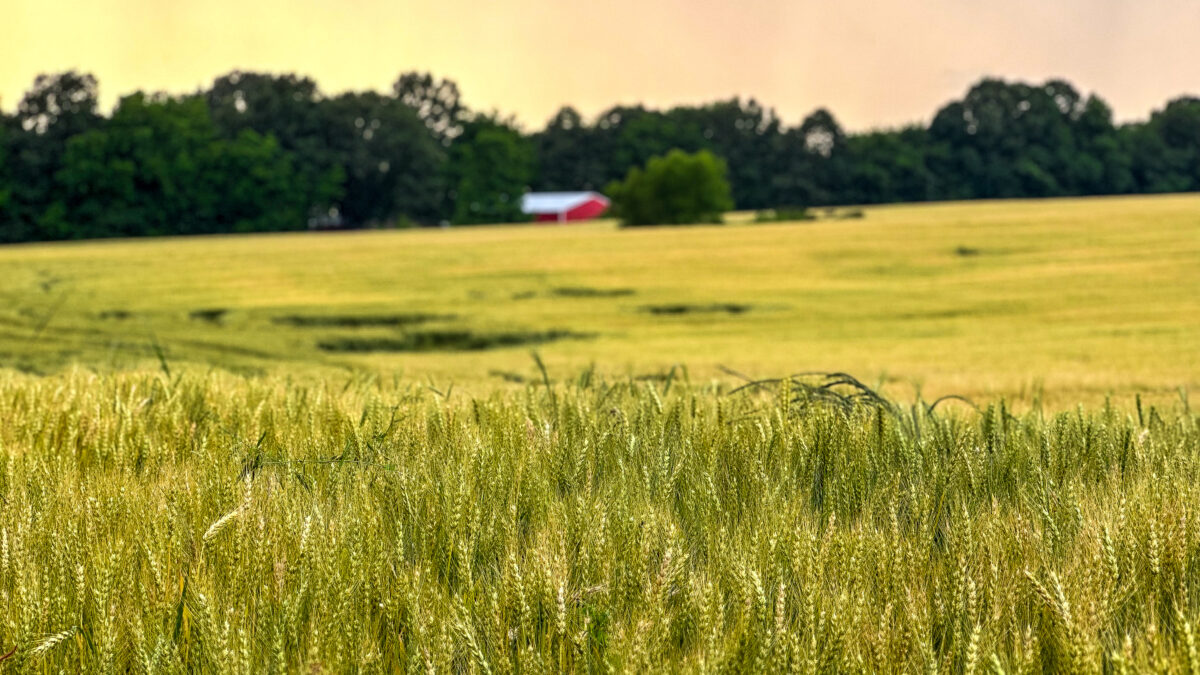Tax Code Revamp Should Support the High-risk Agriculture Industry
TOPICS
TaxesErin Anthony
Director, Communications

photo credit: AFBF Photo, Morgan Walker
As Congress gets to work on a tax code overhaul, Farm Bureau is calling for a fair and equitable tax system that encourages success, savings, investment and entrepreneurship for all farm and ranch businesses.
Lawmakers’ overarching goal for tax reform should be reducing effective tax rates, the organization said a statement submitted for the record to the Senate Finance Committee.
“Because profit margins in farming and ranching are tight, farm and ranch businesses are more likely to fall into lower tax brackets. Tax reform plans that fail to factor in the impact of lost deductions for all business entities and for all rate brackets could result in a tax increase for agriculture,” Farm Bureau cautioned.
The organization emphasized the importance of various cost-recovery tools like business interest expensing, cash accounting, Sect. 1031 like-kind exchanges and deductions for local and state taxes.
“Farmers and ranchers need to be able to match income with expenses in order to manage their businesses through challenging financial times. Expensing allows farm and ranch businesses to recover the cost of business investments in the year a purchase is made,” Farm Bureau said.
Cash accounting allows farmers to improve cash flow by recognizing income when it is received and recording expenses when they are paid, while like-kind exchanges allow them to defer taxes when they sell assets and purchase replacement property of a like-kind.
Farmers and ranchers typically rely on borrowed money to buy production inputs, vehicles and equipment, and land and buildings, making interest expense deductions also very important.
Farm Bureau renewed its call for estate tax repeal, the continuation of unlimited stepped-up basis and the reduction of capital gains tax rates.
“Capital gains taxes are owed when farm or ranch land, buildings, breeding livestock and some timber are sold. While long-term capital gains are taxed at a lower rate than ordinary income to encourage investment and in recognition that long-term investments involve risk, the tax can still discourage property transfers or alternatively lead to a higher asking price,” Farm Bureau said.
The organization would also like to see a capital gains tax exclusion for land that remains in production.
Trending Topics
VIEW ALL